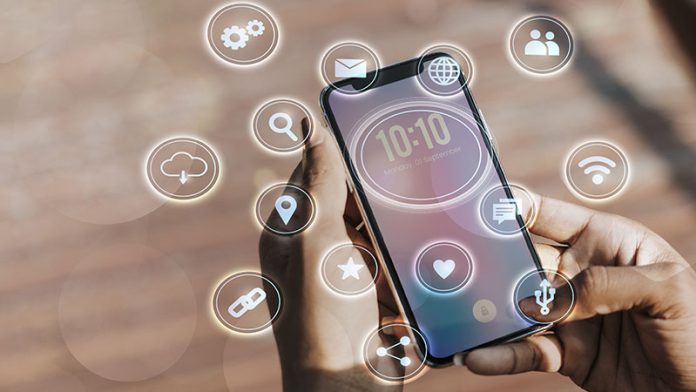
The internet is on the rise and has taken the world by a storm, as we continually adapt, digital citizenship dictates a few mandates we must follow to contribute to a widely virtual society.
The world is evolving. And it’s taking us along for the ride. The world is shifting, and it’s making our virtual worlds more real, while the one we exist in becomes merely rudimentary. During the pandemic, and the circumstances arising with it (referring to the times of social distancing and self-isolation), more and more focus has shifted to the online world. With things changing so rapidly around us, most of the less progressive and slower-to-transform sectors have also seen a massive shift.
The age of Information Technology is upon us with full force. Governmental portals have shifted online too. A major reason for this being the ease of operations and convenient data storage. To keep with times, there emerged a concept of digital citizenship, which might be tough to adapt to for an older generation, used to the traditional ways. But, it is the future, and we are but a species learning to evolve through life.
What Is Digital Citizenship?

Digital Citizenship refers to using Information Technology as a viable way to connect with the government, society or political organizations. Anyone who uses the internet healthily and proactively is considered a digital citizen.
The internet has been a massive help in connecting people across the country and around the world. But, there is also certain safety associated with the internet. Therefore, reliable usage of the internet is something we must learn and abide with on a day to day basis.
A digital citizen refers to a person who has the knowledge and skills to effectively use information technology to maintain a dialogue with others, play an active part in society and create and consume digital content responsibly. Digital citizenship is about confident and positive engagement with new and emerging digital technologies.
Why Is Digital Citizenship Important?
Think of it this way: the internet is a beautiful place with a deep and dark secret that should remain unexplored for the most part. When used positively, the internet can have a ton of benefits.
1. Ocean Of Knowledge

It can connect people from all around the world within seconds. Information and knowledge can be shared with the rest of the world easily. The world’s largest encyclopedia lies just a few clicks away. It can facilitate business transactions and online money transfers, entertain us for hours together, establish online shops and stores for increased sales, and even become a platform for philanthropy.
But the internet is also a weapon when used without caution. Besides these substantial benefits of the internet, you can unearth several cons too. Digital Citizenship can be at stake due to these negative aspects of the Internet.
2. Data Privacy At Stake
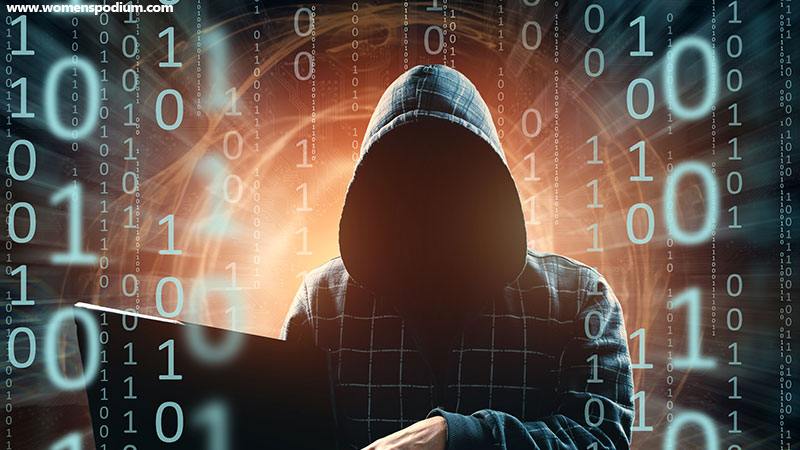
Data privacy is a huge concern in this new world. With technology giants like Facebook and Google holding almost all of our data in one place, data leaks have become detrimental to society. The internet can also be an easy hideout for scammers and trolls, easily causing harm from behind the safe anonymity of a screen. There are many substantial psychological impacts due to over usage of the internet.
3. Cyberbullying
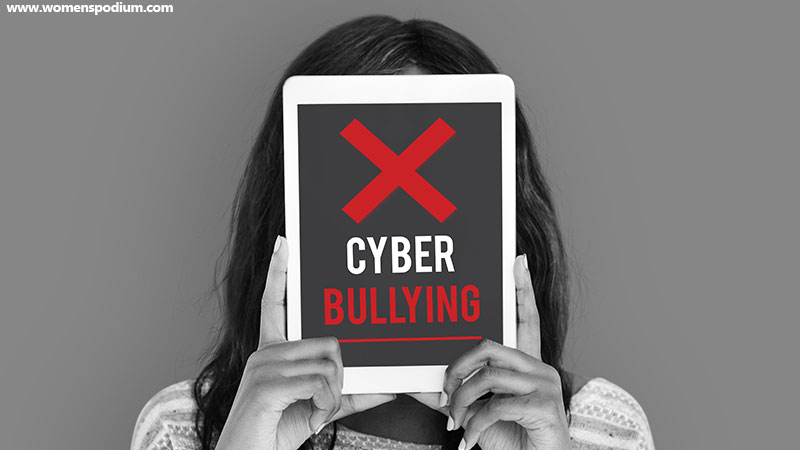
Cyberbullying is also becoming a huge problem within children of all ages who have easy access to the internet. Bullying is made easy when the internet comes into play, masking the perpetrators behind an LED screen of anonymity.
4. Dark Web
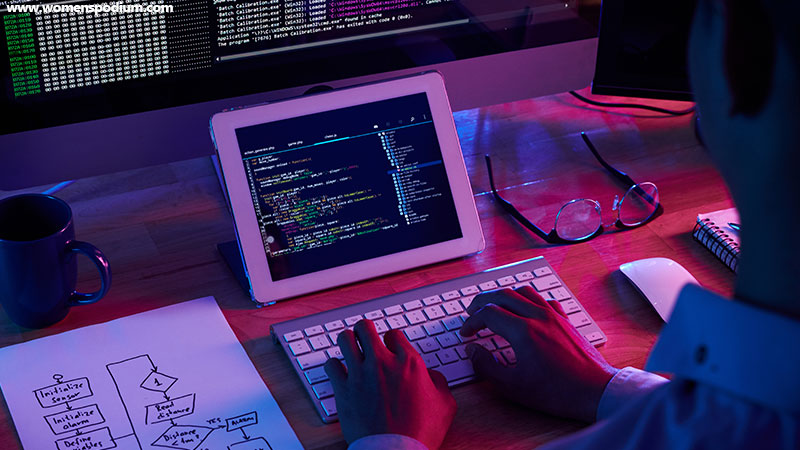
The Dark Web is one of the examples of how this increased connectivity can go violently wrong. The Dark Web facilitates anonymous transactions on everything ranging from rare (or even stolen) artwork to illegal weapons. Other shady businesses like the flesh trade, pornography, and even terrorism use the internet as their base of operations; making them potentially untraceable.
The use of the internet should therefore come with certain limitations and general moral rules so that a thing invented to do good can continue without ulterior motives.
How to be a Good Digital Citizen?
1. Treat People With Kindness Is An Act Of Good Digital Citizen
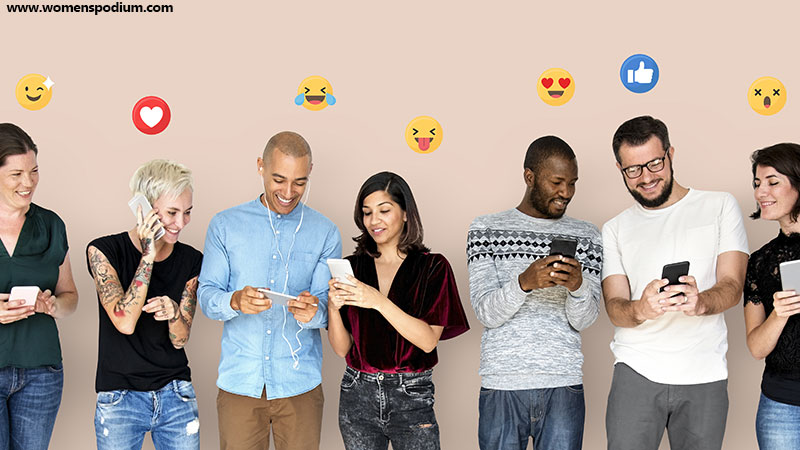
No, this isn’t just a great song title. The internet can be an ugly place, with trolls and bullies romping around spreading hate for no reason at all. Most times, they simply seem to forget that there are people behind the avatars and usernames they spew hate about. Continuous exposure to negative criticism can seriously impact social confidence and a person’s morale and self-esteem.
Remember: Treat people the way you want to be treated yourself, online or offline. The internet can be a beautiful and encouraging space for everyone if we abide by this simple strategy to practice good digital citizenship.
2. It’s Called Private Information For A reason!
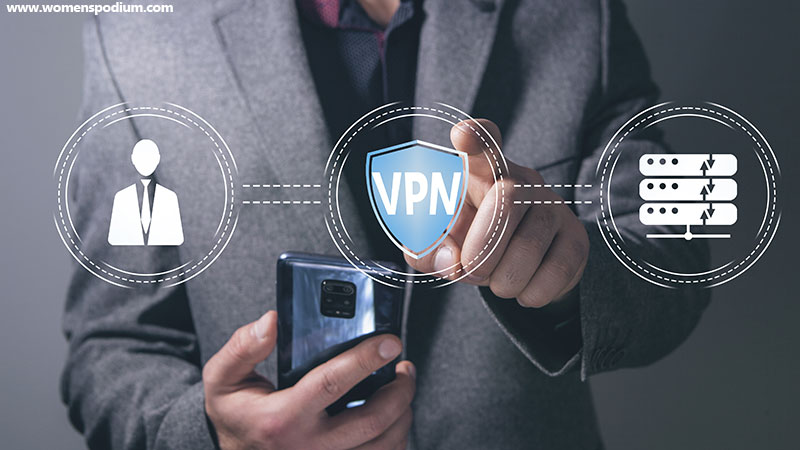
With everyone being so interconnected, it isn’t easy to maintain a sphere of privacy we all need to grow. Be extra careful about the information you fill in forms or any other platform online—your data I’d for your eyes only. Make sure to crosscheck the validity of an application or a website, and take the pains to read through the terms and conditions you agree upon, even though you’ve been ignoring them since years now.
3. Back To The Future, But Every Day

Its a fact that what is once published on to the internet, always stays on the internet. Even though you think you have deleted something off of Facebook or Snapchat, it doesn’t mean the post has now been wiped out from its existence. Think of it this way: every time you go online, make certain interactions, save something or post something, the internet is secretly making a tattoo of it. It may fade with time, but it’s always going to be there. Be mindful of your activity online, because you never know what may get you into trouble, years from now.
4. Verification Isn’t Just The Blue Tick
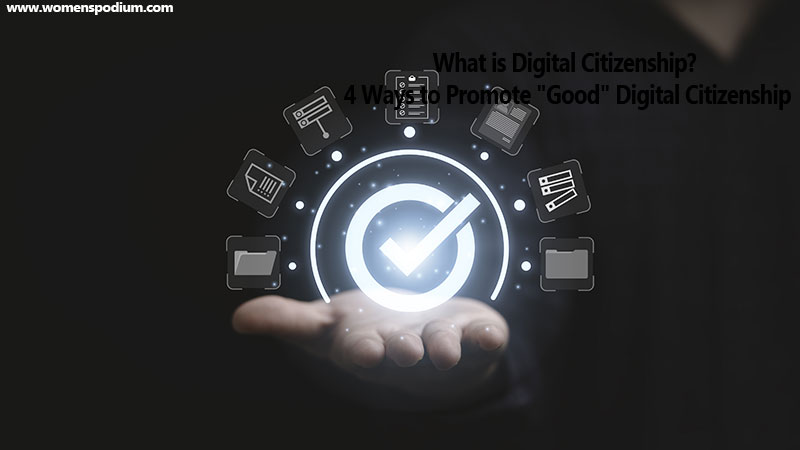
Most people in today’s day and age of social media, turn towards it even for their source of daily news. However, everything you see on the internet may not be true. Photoshop is a common skill and a little too easy these days, so you can’t trust what you see either. Verifying your facts from credible sources is an important mentality to have. A lot of social media activist accounts feed the masses false or manipulated information. Check and avoid yourself from any misleading information and do your own research before you form strong opinions on any matter: be it pineapple on pizza or the 2020 Presidential Debate.
The internet and its prodigies are slowly becoming the norm. The Covid-19 pandemic has only accelerated this outcome. With it gaining more extensive and more considerable importance in our day to day lives, practicing good digital citizenship becomes proportionally important. All it takes is a little bit of effort on your end, and remaining mindful of protecting your own safety. And even though it has to be a collective effort, always remember: the change starts with you.
Also Read: With things in the outside world, taking a backseat as the virtual world becomes more and more important in our lives. However, the ill-effects of longer screen time and long-term exposure to electronic devices remain a huge threat to children and adults alike.





